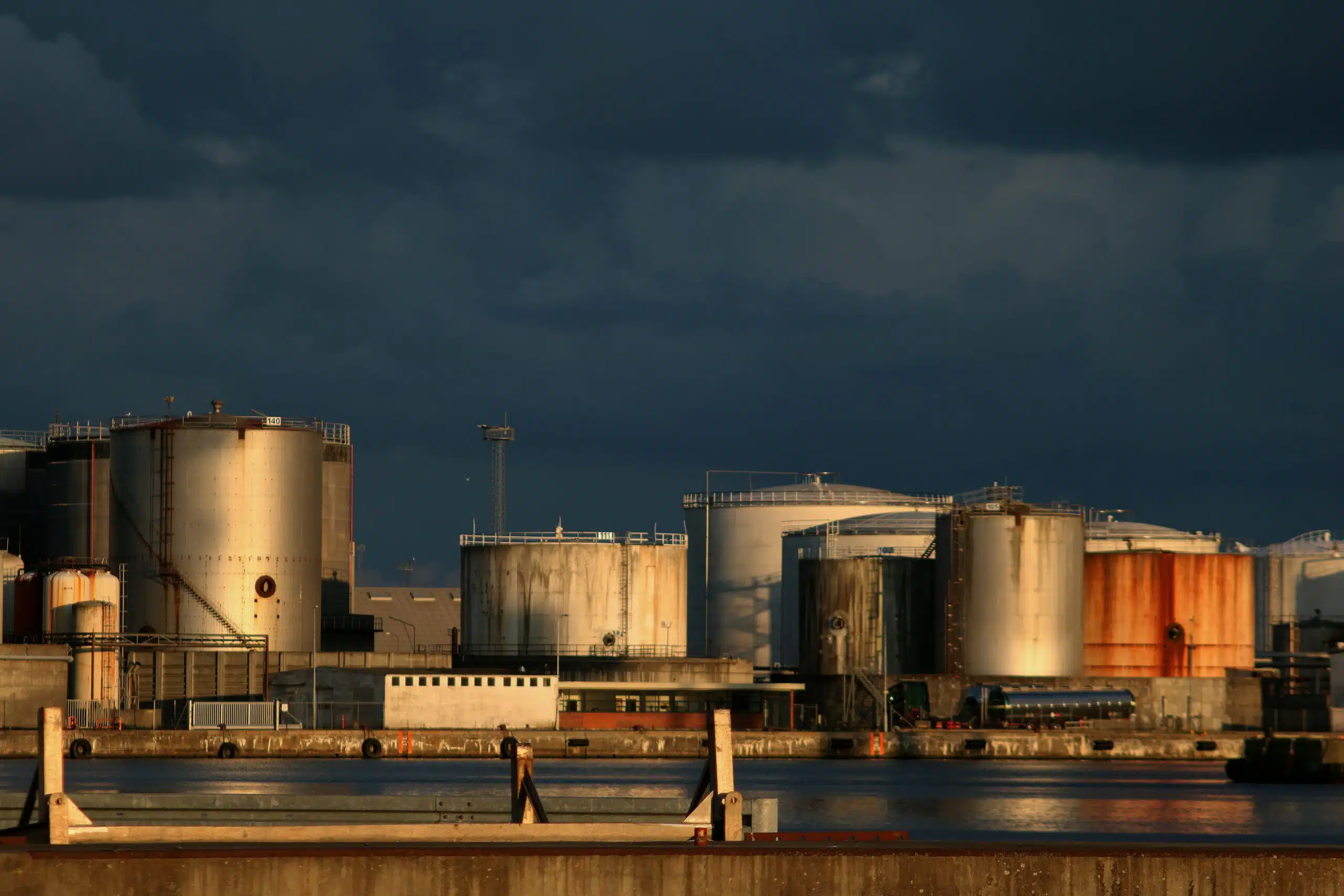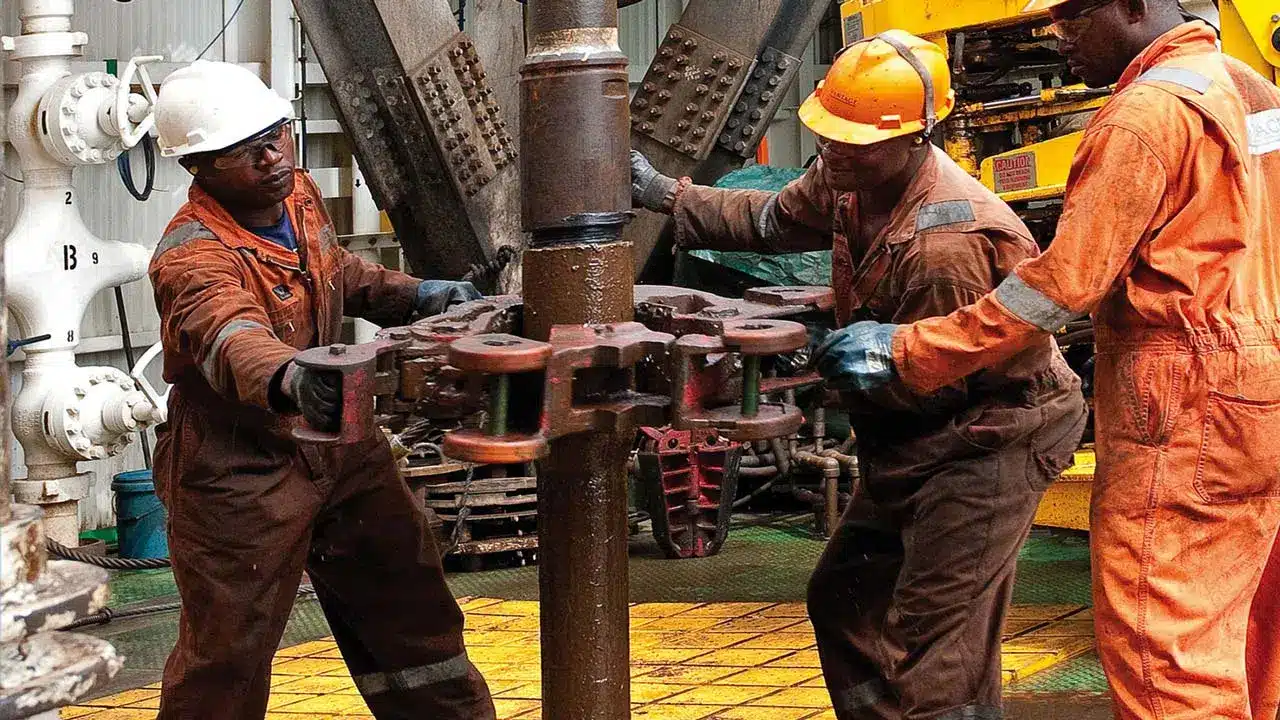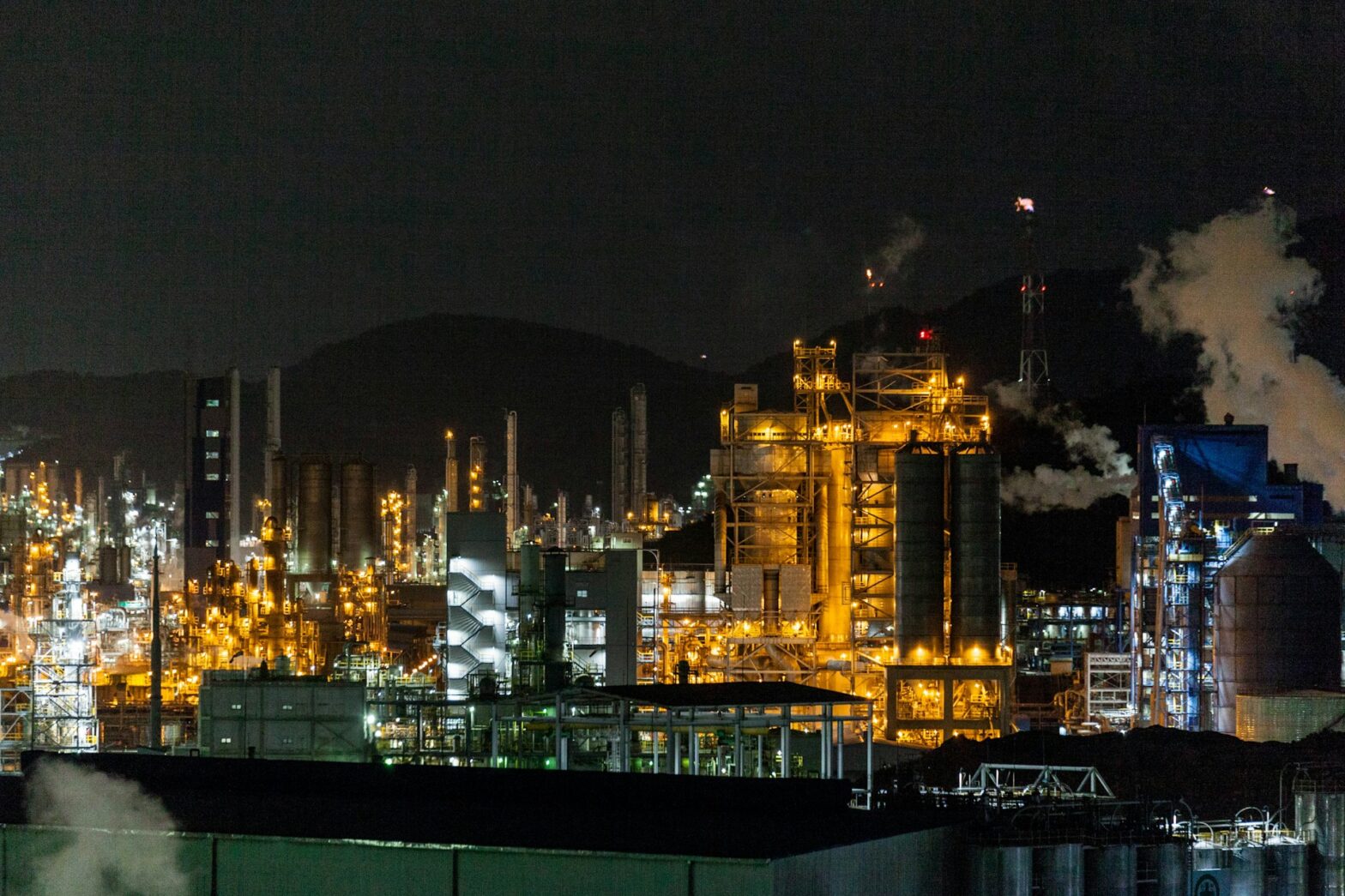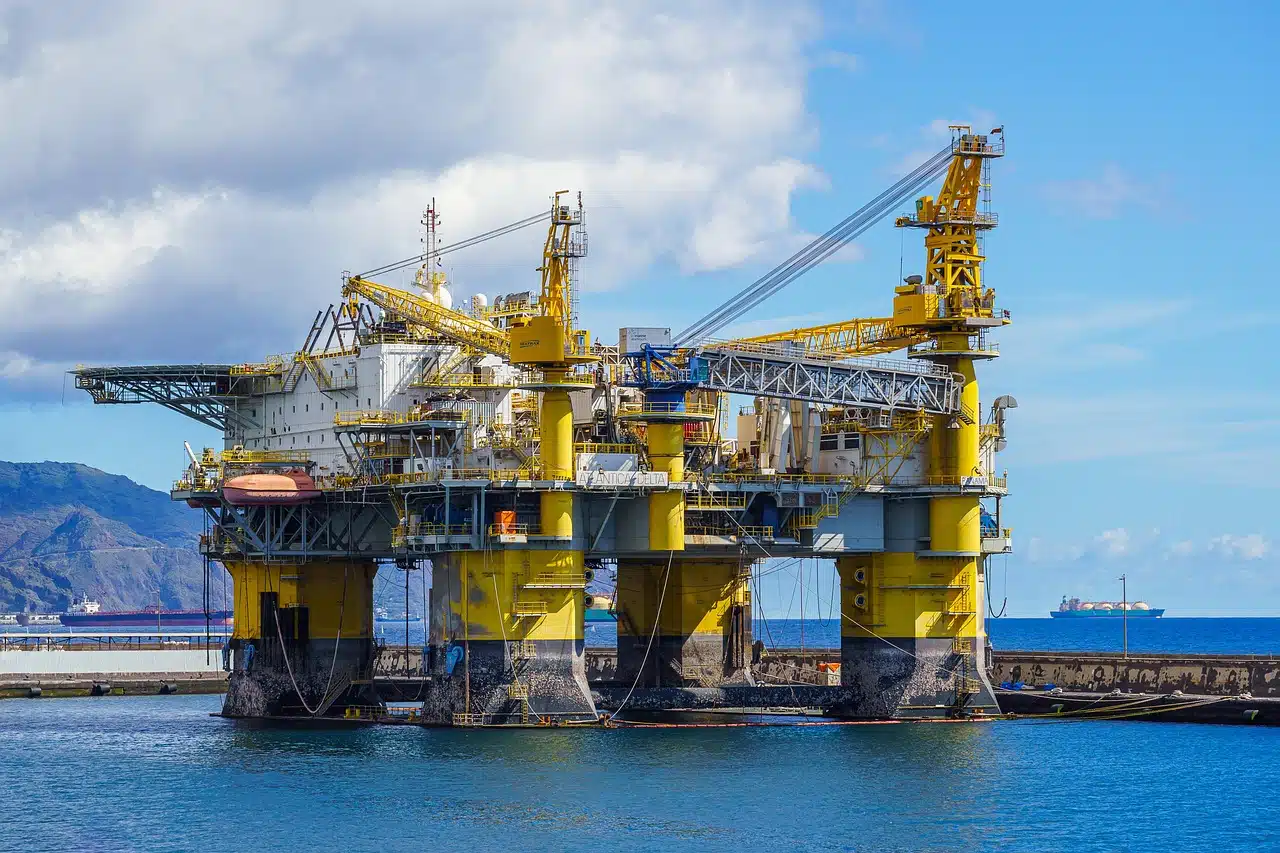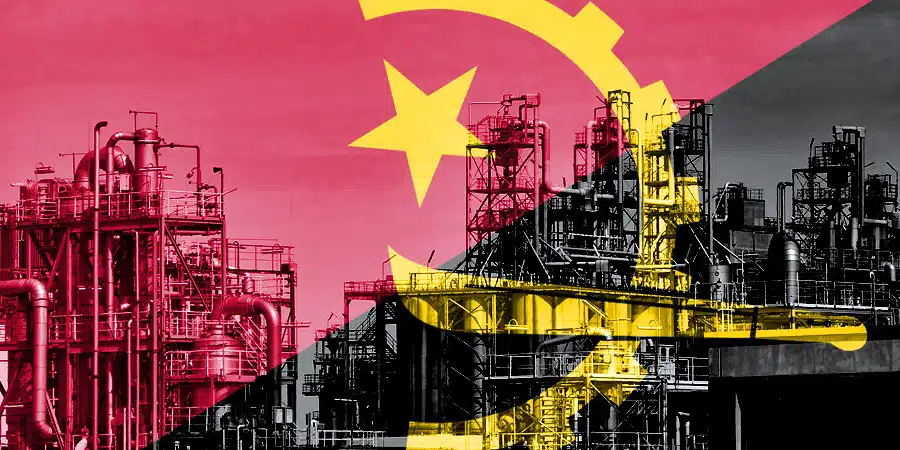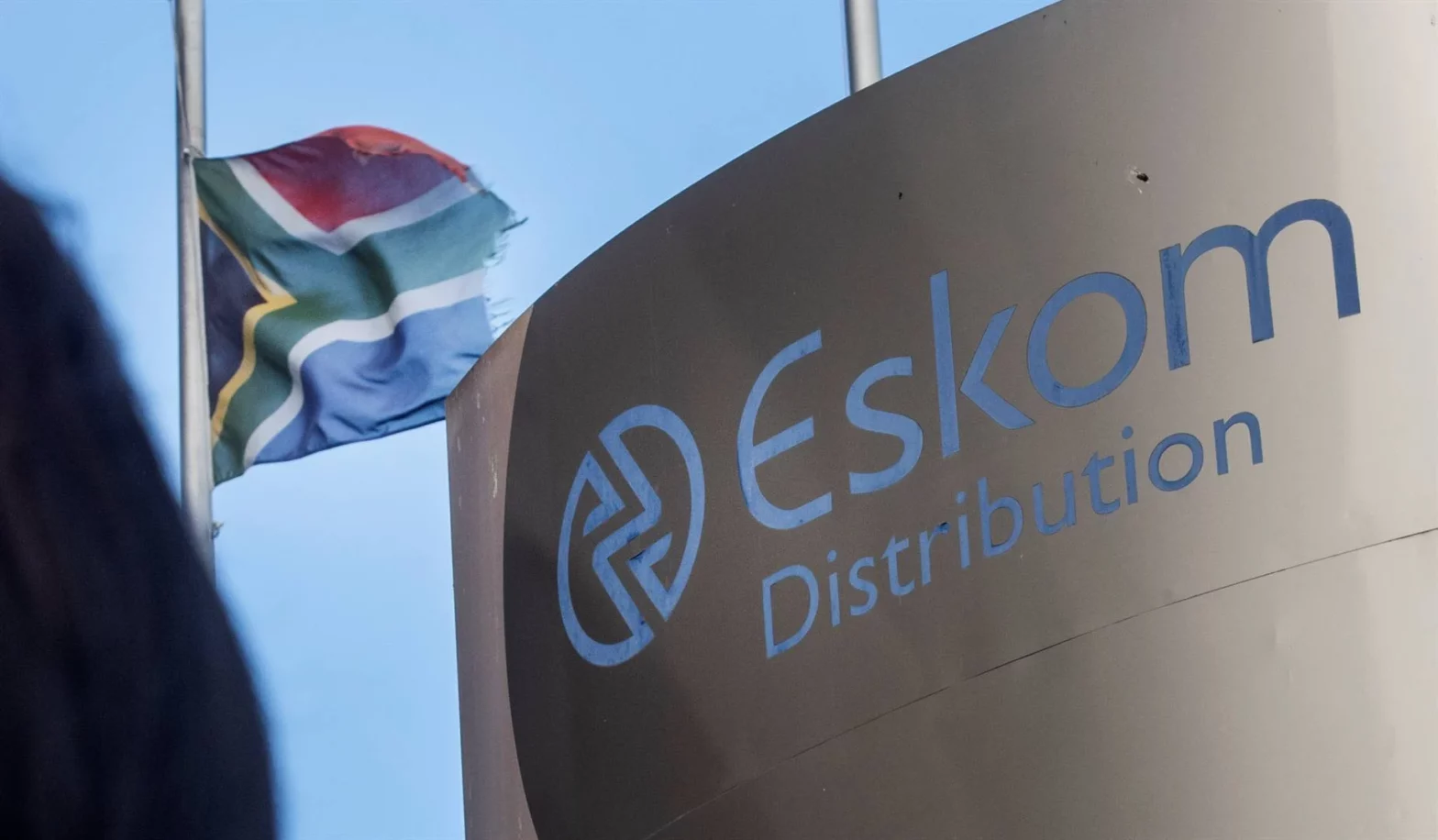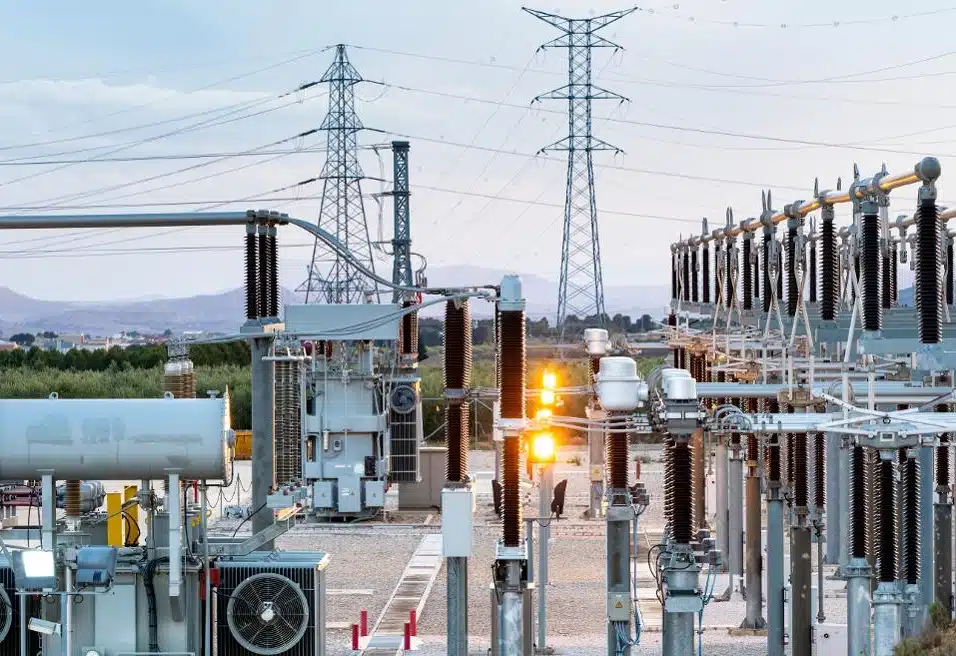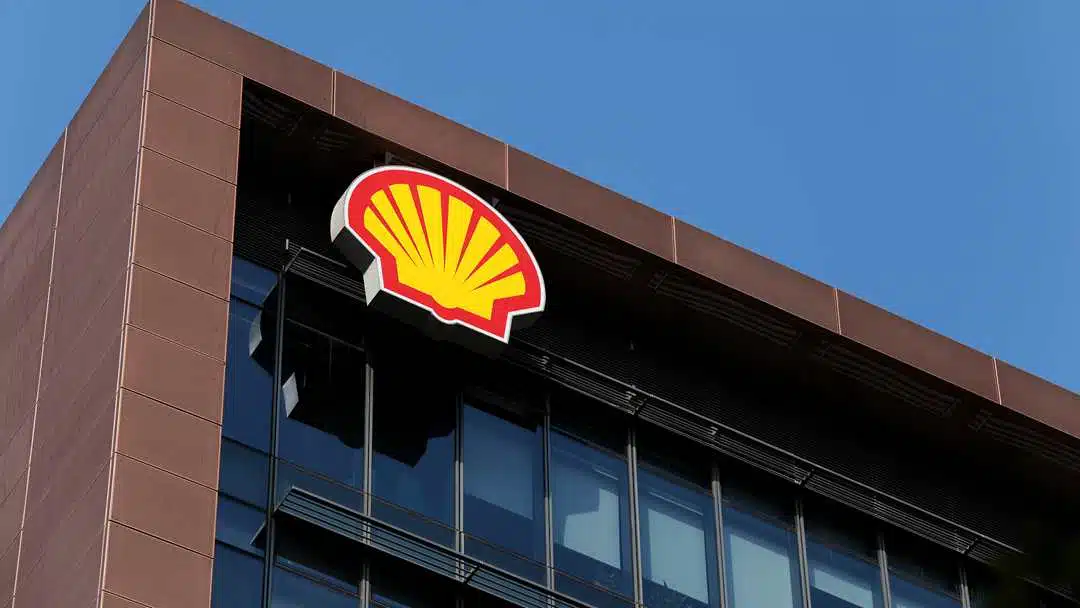Ghana’s newly inaugurated Sentuo Oil Refinery has received its first shipment of Angolan crude oil, marking a major step forward as operations resume at the country’s first private oil refinery, TradeWinds reports.
According to the report, the 165,000-deadweight-tonnage (dwt) Greek suezmax tanker Nicolaos, operated by Andriaki Shipping, delivered 500,000 barrels of Palanca crude oil to the Sentuo facility located in Tema.
This shipment follows a six-month pause in crude imports after the refinery commenced operations last year.
The $2 billion Sentuo refinery, constructed by Chinese conglomerate Sentuo Group under Ghana’s flagship One District, One Factory (1D1F) policy, is situated on a 100-acre site within the Tema Industrial Area.
Commissioned in January 2024 by former President Nana Akufo-Addo, the refinery’s first phase has an initial crude processing capacity of 40,000 barrels per day.
The second phase, when completed, will scale up capacity to 100,000 barrels per day.
The Sentuo Oil Refinery is expected to produce a wide range of refined petroleum products, including petrol, aviation kerosene, diesel, asphalt, and lubricating base oil.
It will also generate valuable by-products such as solvent oil, polypropylene, liquefied petroleum gas (LPG), ammonium sulfide, sulfuric acid, and sulfur—products that can support key sectors of the Ghanaian economy.
In his January 2024 commissioning speech, former President Akufo-Addo expressed concerns over the country’s overreliance on imported fuel.
“It is essential to recognize that some 97% of our current consumption of petroleum products is imported, resulting in a heavy reliance on external sources,” Nana stated.
“The establishment of this (Sentuo) refinery signifies our commitment to reducing this dependence, achieving self-sufficiency, and driving the growth of our domestic petroleum industry,” he added.
The successful delivery of Angolan crude is expected to strengthen the refinery’s feedstock supply and improve throughput, helping Ghana’s drive for energy security and refining independence.
Ghana’s energy sector is currently grappling with a severe debt crisis, rising inflation, and declining foreign exchange reserves.
In response, the government is implementing urgent reforms to stabilize the economy.
In January 2025, the World Bank approved a $150 million loan to support Ghana in easing its economic pressure and improving reliable energy supply to households and businesses.
In March, Ghana’s new government suspended the gold-for-oil program as part of broader monetary policy reforms aimed at stabilizing the local currency.
In April, the government unveiled an ambitious $60 billion, decade-long master plan to develop three new oil refineries, five petrochemical plants, and several tank farms across the country.
Meanwhile, rehabilitation efforts are underway to revamp the aging Tema Oil Refinery, Ghana’s oldest state-owned refining facility, in a bid to further boost domestic processing capacity and reduce import dependency.

